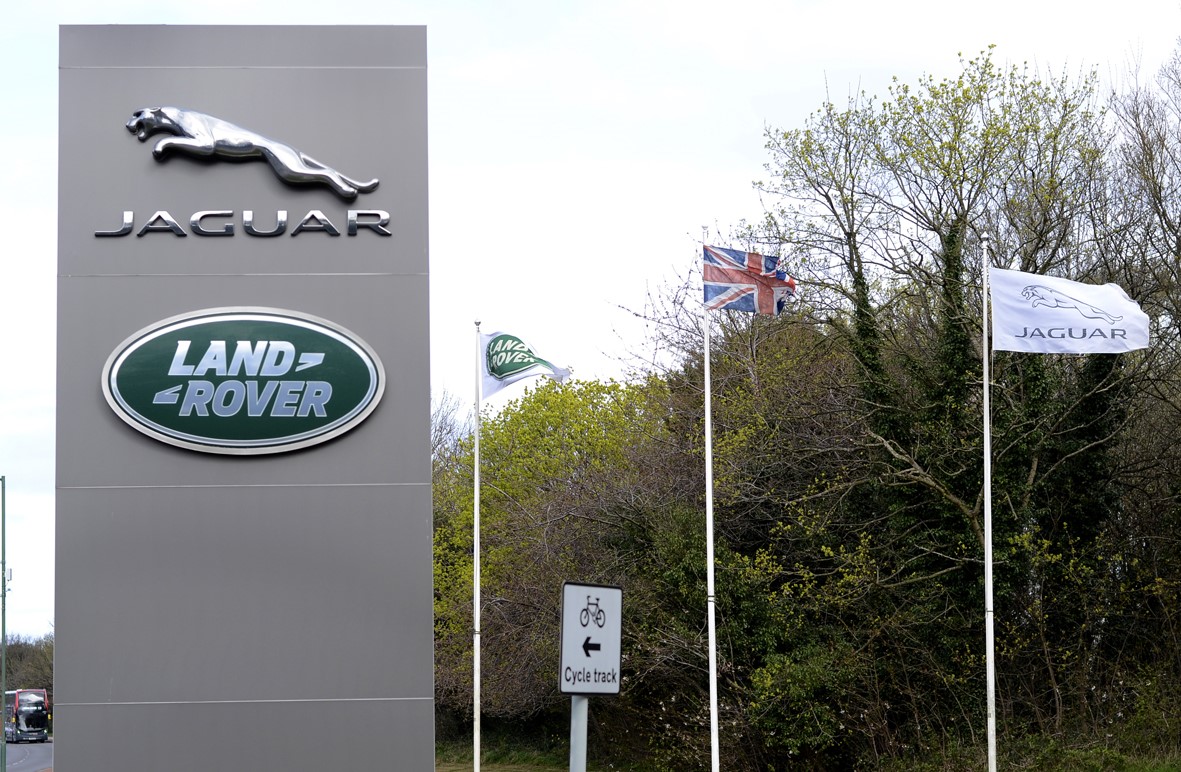Jaguar Land Rover (JLR) is grappling with a major cyber attack that has shut down its computer systems and halted production at its factories worldwide for nearly two weeks—costing the carmaker tens of millions of pounds and putting thousands of supply-chain jobs at risk.
The breach, first detected on 1 September, forced JLR to deliberately close its IT networks to protect them from further damage. But with production and parts supply heavily automated, the shutdown meant manufacturing ground to a halt at Solihull, Halewood, and Wolverhampton, as well as at JLR plants in China, Slovakia, and India. UK factories are not expected to restart before Wednesday, leaving suppliers and employees uncertain about when normal operations will resume.
Industry experts estimate the company has already lost £50–£100 million, with £5–£10 million wiped out for every day the shutdown continues. Although JLR posted a pre-tax profit of £2.5 billion earlier this year—suggesting it can absorb short-term losses—the knock-on effects on its extensive network of suppliers are expected to be severe.
Small Businesses Under Pressure
David Bailey, Professor of Business Economics at Birmingham Business School, warned:
“There’s anywhere up to a quarter of a million people in the supply chain for Jaguar Land Rover. If there’s a knock-on effect from this closure, we could see companies going under and jobs being lost.”
Former Nissan and Aston Martin executive Andy Palmer was more blunt:
“Some of them will go bust. You hold back in the first week or so of a shutdown… then you cut hard. Layoffs are either already happening, or are being planned.”
One West Midlands supplier told the BBC their firm had already laid off 40 workers—nearly half its workforce. Others are asking staff to remain at home while “banking” the lost hours to be offset against future holidays or overtime. Many employees at another major supplier say they do not expect to return to work until 29 September.
Calls for Government Action
Labour MP Liam Byrne, who chairs the Commons Business and Trade Committee, urged ministers to step in:
“What began in some online systems is now rippling through the supply chain, threatening a cashflow crunch that could turn a short-term shock into long-term harm. We cannot afford to see a cornerstone of our advanced manufacturing base weakened by events beyond its control.”
Trade union Unite has called for an emergency furlough scheme to protect suppliers’ workers. General secretary Sharon Graham said:
“Thousands of these workers in JLR’s supply chain now find their jobs under an immediate threat because of the cyber attack. Ministers need to act fast and introduce a furlough scheme to ensure vital jobs and skills are not lost while JLR and its supply chain get back on track.”
Government Response and Cyber Investigation
Business and Trade Minister Chris Bryant confirmed ongoing talks with JLR and cyber security experts:
“We recognise the significant impact this incident has had on JLR and their suppliers, and I know this is a worrying time for those affected. I met with the chief executive of JLR yesterday to discuss the impact of the incident. We are also in daily contact with the company and our cyber experts about resolving this issue.”
JLR has admitted that some data may have been accessed or stolen during the attack and is working closely with the National Cyber Security Centre to investigate. While sales systems are partially back online thanks to temporary workarounds, restarting production has proven far more difficult than initially expected.
Under normal conditions, JLR produces more than 1,000 vehicles per day, many of them at its Solihull and Halewood plants, with engines built in Wolverhampton. Until its systems are restored, the company’s vast supply chain—stretching from small Midlands-based firms to global partners—remains on hold, and pressure on the government to provide financial support is mounting.
As the shutdown stretches into a third week, the incident has become a stark reminder of how vulnerable even the UK’s biggest manufacturers are to cyber attacks—and how quickly such events can ripple through regional economies.

